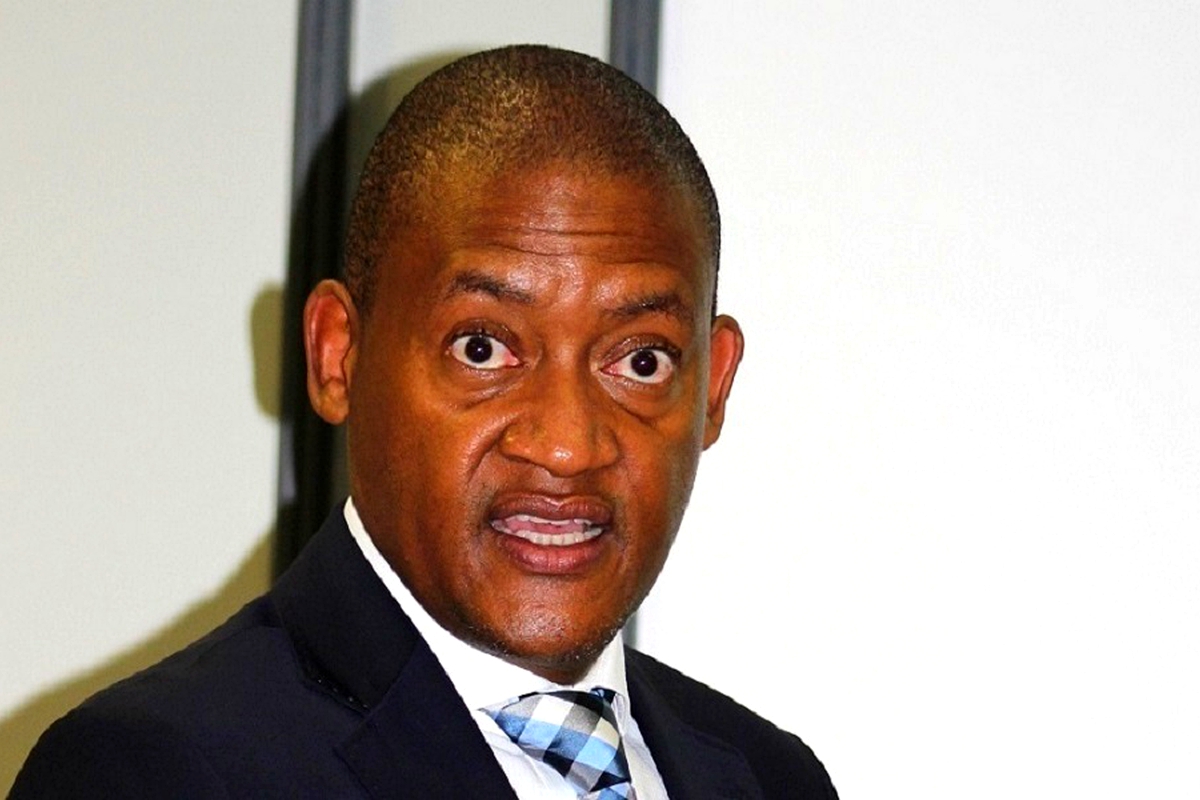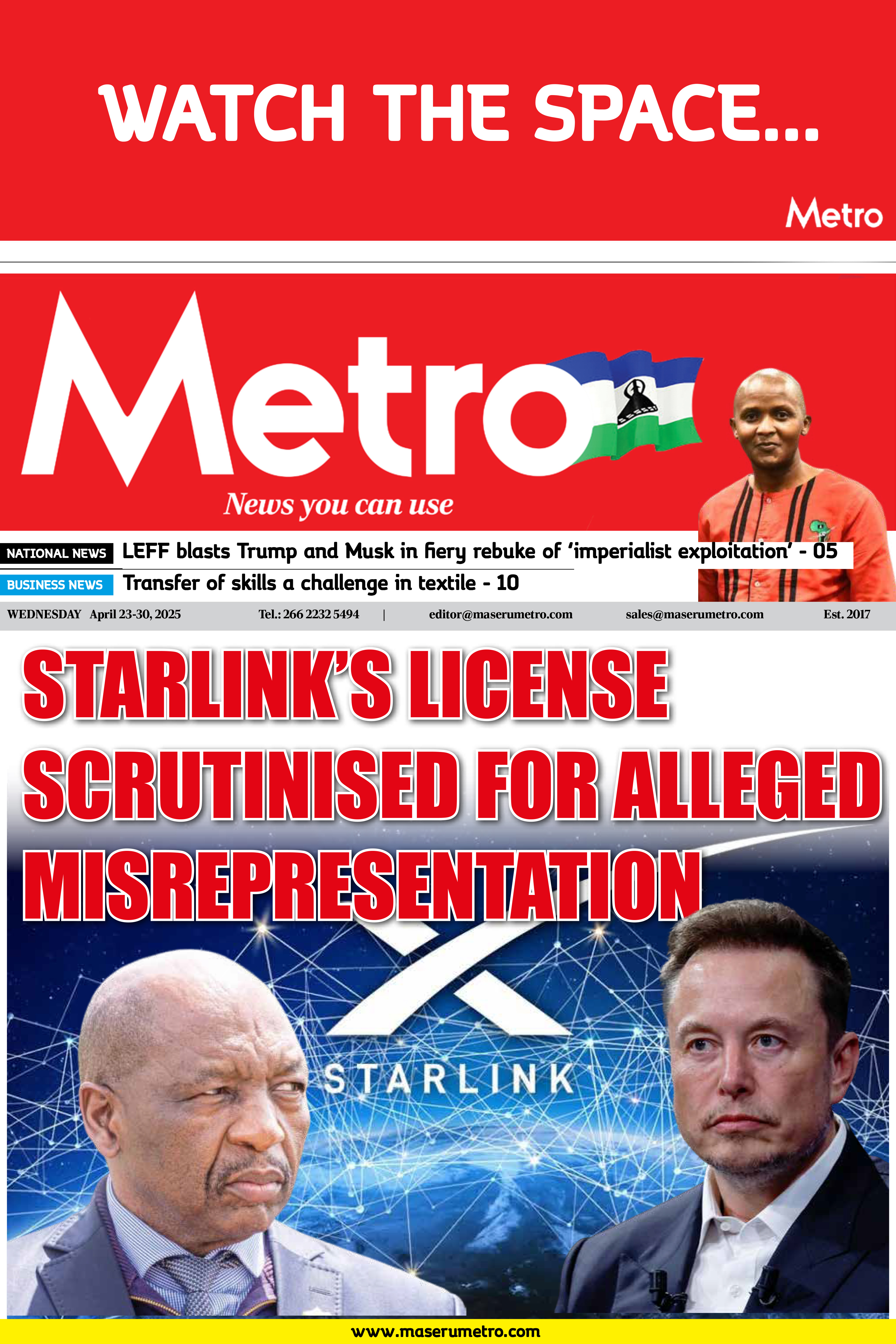THE Southern African Customs Union (SACU) revenues which account for 50 percent of Lesotho’s revenue have been declining and are currently below their historic average of 30 percent.
business
Aug. 25, 2021
NEO SENOKO
3 min read
SACU revenues below historic 30% average

LRA boss, Thabo Khasipe
A recent African Development Fund (ADF) report on the Supplemental Finance of the Lesotho Tax Modernisation Project (LTMP) has revealed the substantial decline.
The decline is believed to have been exacerbated by the COVID-19 pandemic.
This, coupled with an increase in government spending needed to fight the pandemic, will further tighten the fiscal space.
SACU consists of Lesotho, Botswana, Namibia South Africa and Eswatini.
The economic structure of the union links member states by a single tariff and no customs duties between them. The member states form a single customs territory in which tariffs and other barriers are eliminated on substantially all the trade between the member states for products originating in these countries, and there is a common external tariff that applies to non-members of SACU.
The agreement establishes a common revenue pool consisting of all customs, excise and additional duties collected in the common custom area. A revenue sharing formula is then used for determining each member state’s shares out of the common revenue pool.
In practice, duties are collected by all member states and transferred to the common revenue pool on a quarterly basis. Each year, revenue shares are determined by the council of ministers and payouts to member states are made.
“The fiscal deficit, which was initially projected at -3.9 percent and 3.6 percent in 2020 and 2021 respectively, is projected to further deteriorate to -7.8 percent and -5.2 percent of GDP in 2020 and 2021 respectively, in the baseline scenario, and -8.5 percent and -5.7 percent in the worst case scenario,” the report has shown.
The current low levels of domestic revenues have negative implications for the country’s fiscal stability and severely compromise its capacity to finance development programmes.
In September last year, the Lesotho Revenue Authority (LRA) Commissioner General, Thabo Khasipe delivered a chilling warning that the spread of the pandemic means that the SACU collections will suffer and decline drastically.
“Also, SACU revenue which is collected by the five member states when trading with the rest of the world will be affected. Without adequate international trade due to the pandemic, there is no money collected in the form of tariffs. No SACU money to share by member states means no revenue for LRA and the government of Lesotho,” the Commissioner General had warned.
Enjoy our daily newsletter from today
Access exclusive newsletters, along with previews of new media releases.
He highlighted the importance of dealing with the pandemic, saying there is no LRA unless the pandemic is dealt with accordingly.
He said no job is better than that of fighting the pandemic if the country is to avoid the economic Armageddon ahead.
In recent years, Lesotho’s economic performance has been negatively affected by sluggish global economic growth amid a major downturn in emerging markets and advanced economies as well as South Africa, its main trading partners.
Sustained political instability in the country, coupled with slow economic growth in South Africa has also contributed to slow economic performance.
Real GDP growth rate is estimated to have averaged 1.6 percent between 2015 and 2019 and is projected to average 0.6 percent between 2019 and 2021, largely attributed to the expected negative impact of COVID-19 pandemic, which is already affecting the fiscus.






